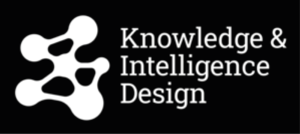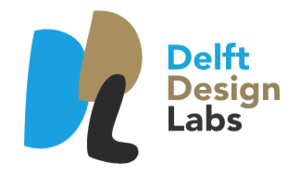Graduation opportunities
The projects / assignments in this list have not been screened or approved by the faculty yet. The descriptions are as submitted by clients. Students should actively examine whether it will be possible to develop a project into a suitable Graduation Assignment.
If you want your assignment listed below, contact afstudeerbank-io@tudelft.nl.
Graduation opportunities
Graduation Support
Opportunities within KInD
KInD (Sustainable Design Engineering section) focuses on the relationship between the science and practise of design, and the digital technology that fuels intelligent products, services, and systems. Find KInD specific opportunities here.

Delft Design Labs
The Delft Design Labs offer interesting graduation opportunities in different areas of design research. Check out their webpage!

DE Startup Voucher
Are you an IDE student with an innovative idea and do you want to kick-start your own company? Funding your prototype and coaching in the process of developing your own business is made possible through the TU Delft Startup Voucher.